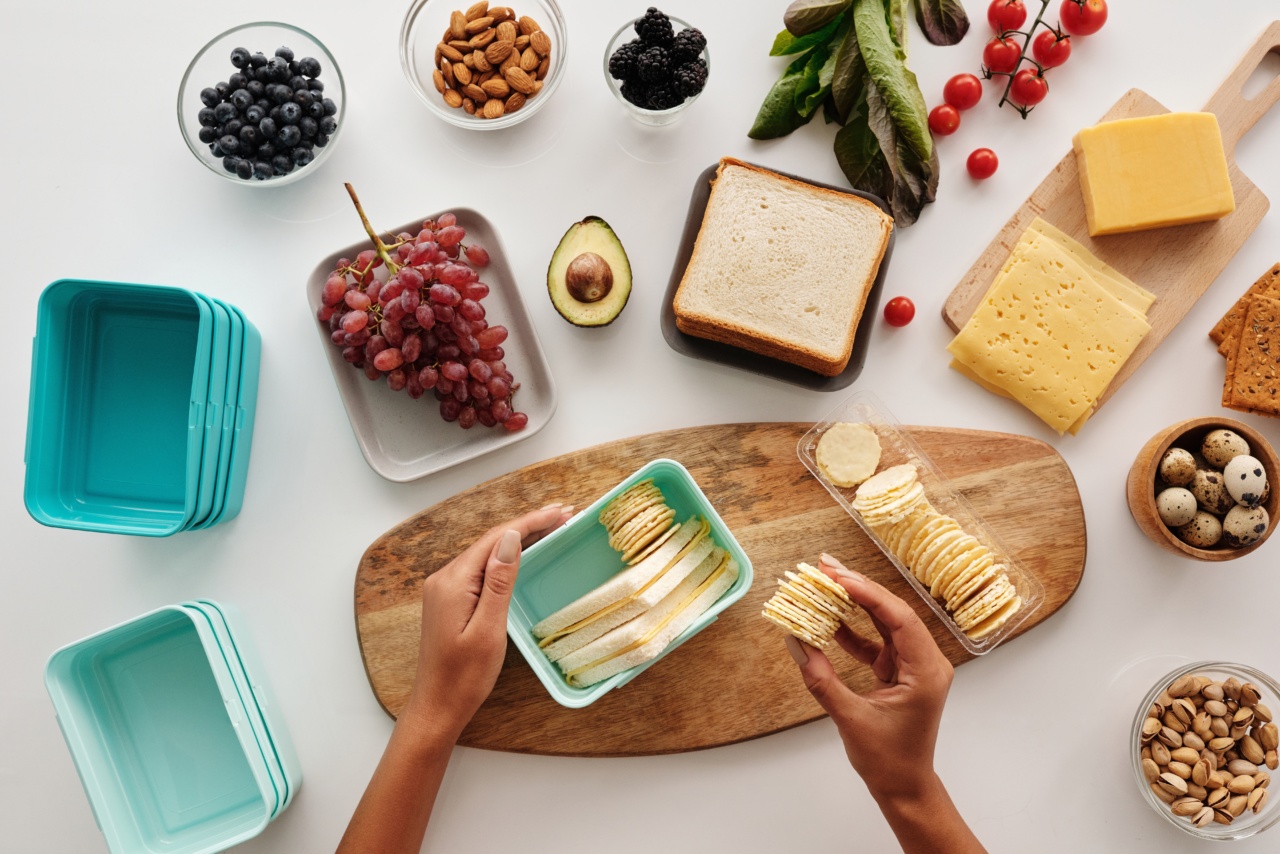Glaucoma is a serious eye condition that affects millions of people worldwide, often causing damage to the optic nerve and leading to blindness if left untreated.
While medical treatments for glaucoma are available, there are also dietary changes that can help manage the condition. Here are some foods to include in your diet if you have glaucoma.
Fruits and Vegetables
Fruits and vegetables are a vital part of any healthy diet, but they are especially important for managing glaucoma. Many fruits and vegetables are rich in nutrients that can help protect the eyes, including:.
- Beta-carotene: found in carrots, sweet potatoes, and spinach
- Vitamin C: found in citrus fruits, strawberries, and green peppers
- Vitamin E: found in almonds, sunflower seeds, and spinach
- Zeaxanthin and lutein: found in leafy greens, broccoli, and peas
Try to eat a variety of fruits and vegetables throughout the week to ensure that you are getting enough of these important nutrients.
Omega-3 Fatty Acids
Omega-3 fatty acids are essential fatty acids that are important for overall health, particularly heart health. They are also beneficial for the eyes, as they can help reduce inflammation and protect against age-related macular degeneration.
Some good sources of omega-3 fatty acids include:.
- Fatty fish, such as salmon and tuna
- Chia seeds
- Flaxseed
- Walnuts
If you don’t eat fish, consider taking a fish oil supplement to ensure that you are getting enough omega-3 fatty acids in your diet.
Green Tea
Green tea is packed with antioxidants, which can help protect the eyes from damage caused by free radicals. Some studies have also suggested that green tea may help reduce intraocular pressure, which is one of the primary risk factors for glaucoma.
Try drinking a cup or two of green tea each day to reap the benefits.
Whole Grains
Whole grains are important for maintaining overall health, and they can also be particularly beneficial for managing glaucoma. Some good whole grain options include:.
- Brown rice
- Whole wheat bread
- Quinoa
- Oats
Try to incorporate some whole grains into every meal to ensure that you are getting enough of these important nutrients.
Garlic
Garlic is a powerful anti-inflammatory, which can help reduce intraocular pressure and protect the eyes from damage.
Try incorporating garlic into your meals by using it in marinades, adding it to soups and stews, or simply chopping it up and sautéing it with some vegetables.
Conclusion
Dietary changes alone may not be enough to manage glaucoma, but they can certainly be a helpful addition to your treatment plan.
By incorporating these foods into your diet, you can help protect your eyes and potentially slow the progression of the disease.





























